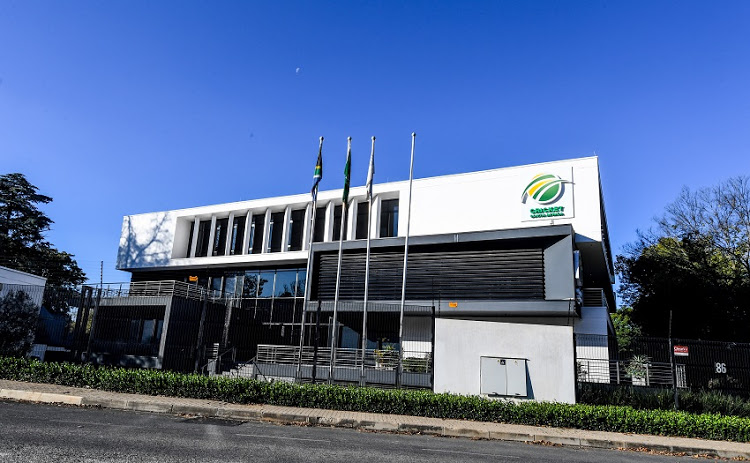As Cricket South Africa lurches from one crisis to the next, there are no winners. There is only the potential for cricket to be irreparably harmed, writes RYAN VREDE.
The game’s future in South Africa looks bleak.
Following more than a year of turmoil, almost entirely of their own making, CSA seemed to have found a degree of stability.
However, it then became apparent that the Members’ Council, which is currently comprised of the 12 affiliate presidents plus the president and vice-president of CSA, and the interim board, appointed by the government in late 2020 following the fallout over the Fundudzi Report, which exposed gross maladministration (among other findings) within the organisation, weren’t vibing.
The members’ council refused to recognise the establishment of an interim board in November last year. CSA acting president Rihan Richards, on behalf of the members’ council, told the media the council was unhappy with a string of conflict of interest matters with certain members of the interim board, specifically the return of former CSA CEO Haroon Lorgat.
Sports minister Nathi Mthethwa rebuked the members’ council, and shortly thereafter they surrendered their stance. It did, however, publicly lay bare the ill feeling between the two parties who have a mandate to run the game in South Africa.
This week the fractures within the organisation were exposed once more when the members’ council voted against a move to take up the recommendation of the 2012 Nicholson report, which proposes that the new permanent board should made up of a majority independent directors, with an independent chairperson overseeing proceedings.
Reports suggest Mthethwa is seriously contemplating government intervention to bypass the members’ council’s obstructionist stance. If this happens, it could trigger a ban from international cricket, given that any government intervention is against the International Cricket Council’s code of conduct.
There are no guarantees that a majority independent board will help heal South African cricket either. It is certain that the previous leadership regime was deeply incompetent. The next will have to prove competency.
However, government intervention of any kind in the selection process will automatically diminish trust and credibility. This in turn will adversely affect CSA’s commercial appeal. No money, mo problems.
Critically, while these two factions are fighting for control of the game, the game is dying.
The new leadership can’t redeem the time CSA have lost through nearly two years of deep incompetence. In that period the organisation has flirted with financial ruin, attributable mostly to their public infighting, which sent commercial partners running, and exacerbated by the global pandemic and the impact that had on the playing schedule.
CSA lists ‘Providing excellent service to affiliates, associates and stakeholders’, ‘Optimising commercials rights and properties on behalf of its affiliates and associates’ and ‘Implementing good governance based on King 3, and matching diligence, honesty and transparency to all our activities’ as three of seven mission statements on their website. They are failing dismally on all three, and just pass on the rest.
This is an unacceptable state of affairs for the body tasked with running the game millions of South African’s love, watch and play.
If you’re feeling anxious about the game’s future, you should. There appears to be no resolution to the current mess that would positively affect the game in South Africa.
Either the members’ council get their way, cling to power and influence, and continue to damage cricket in the country. Or the government intervenes, handing control of the game to a party that has, in nearly six months, made no discernible difference to cricket in South Africa.
Such government intervention would however, ensure the decimation of the entire professional arm of cricket in South Africa, at least temporarily, given the ICC’s constitutionally-governed position on such intervention.
There are no winners. There is only the potential for cricket to be irreparably harmed.







